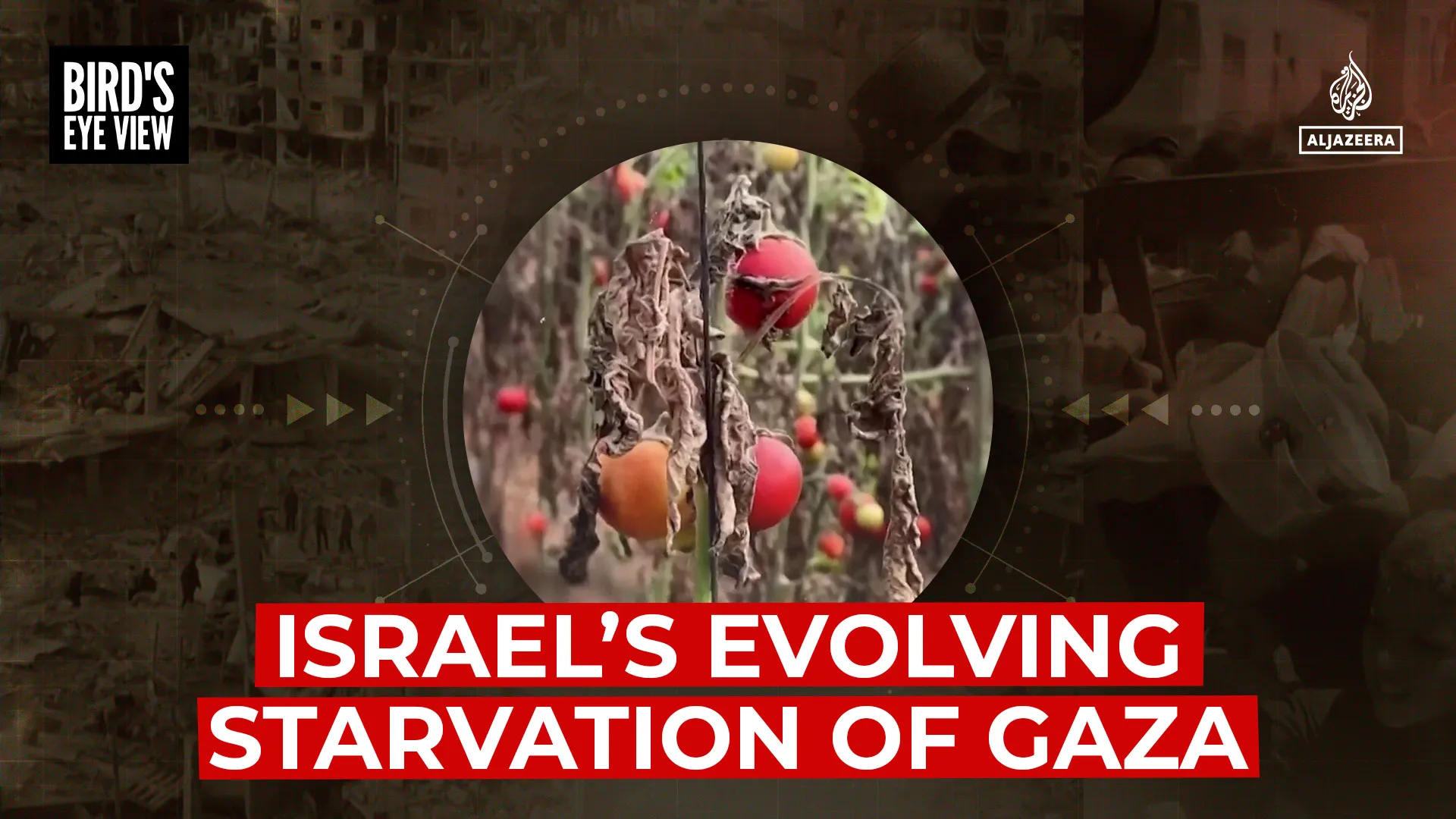Israel’s Evolving Starvation of Gaza | Al Jazeera
Most land left to Palestinians after the ceasefire isn’t arable, while most fertile land is under Israeli control.
As part of the October 10 ceasefire, Israeli troops pulled back to the so-called yellow line in Gaza. But Palestinians were left with mostly non-arable land, while fertile farmland behind the line remains under Israeli control. So what does a ceasefire mean if Palestinians are denied the land they need to grow their food?
Published On 4 Dec 2025
